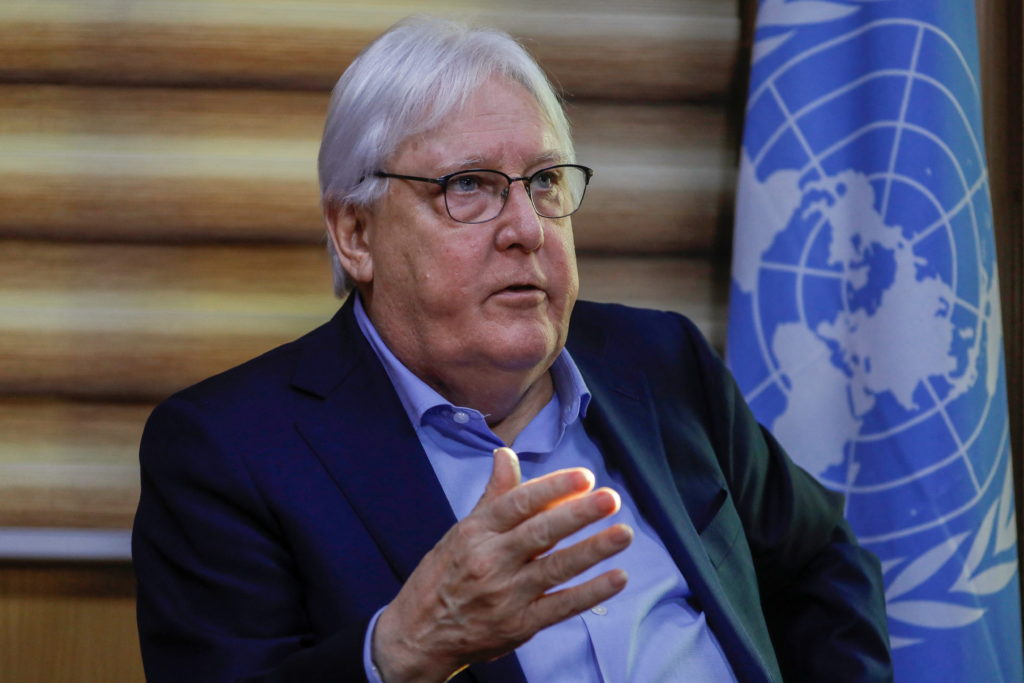
DM Monitoring
NEW YORK: The UN’s top aid official said Tuesday he was leaving office at the end of the month with “some important pieces of wisdom” but also a feeling of frustration because many crises no longer make the headlines, while humanitarian operations face a dire lack of funding. “I leave this job with a sense of work unfulfilled because the world is a worse place now than when I joined up in 2021,” Martin Griffiths said in his final briefing to journalists as UN Humanitarian and Emergency Relief Coordinator.
e said the international community is not resolving conflicts through dialogue, as envisioned nearly 80 years ago in the UN Charter. “Classic political diplomacy” has all but disappeared and impunity is rife. Meanwhile, humanitarian officials in the field are “scraping together support where they can, but they’re not the saviours,” he said. “The saviours of this world are people who end wars and build peace.” Griffiths said that some 300 million people worldwide need humanitarian assistance today at a time when donor funding has been reduced. Humanitarians are seeking roughly $49 billion to reach around 188 million people this year but have only received $8 billion to date.
“Halfway through the year, it’s never been quite as difficult and as bad as it is now,” he said.

